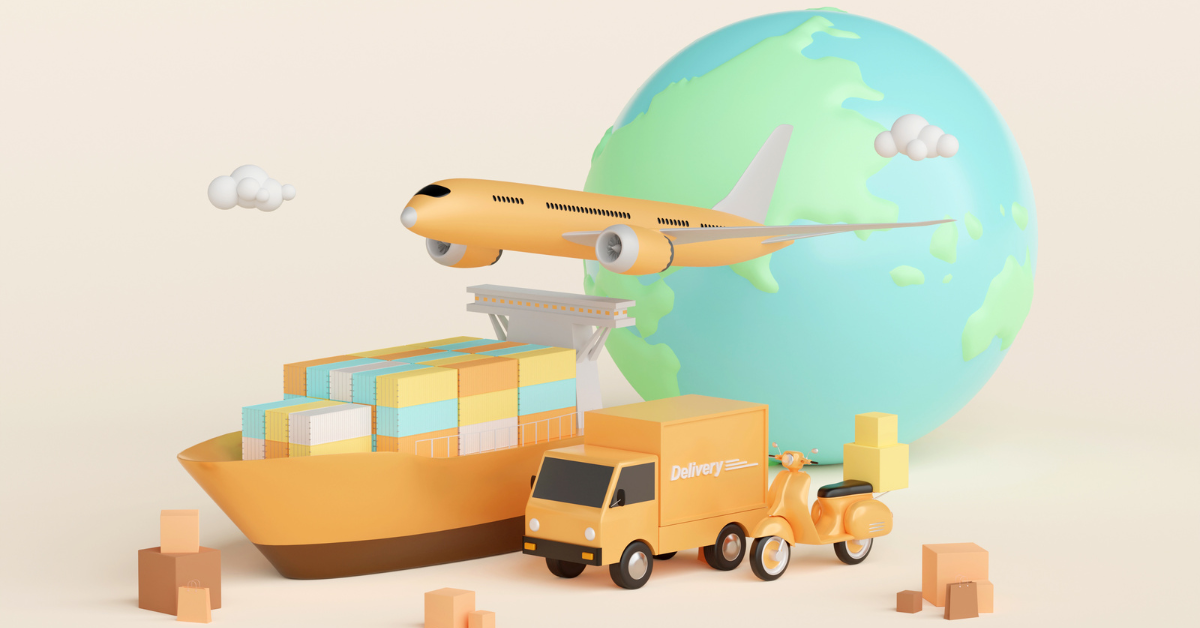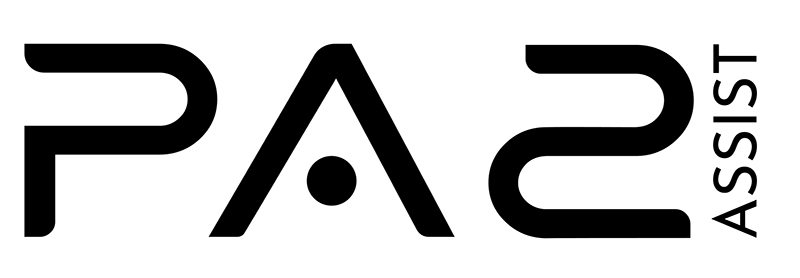International Trade Coordination: The Support of Personal Assistants

Introduction:
Personal assistants play a crucial role in international trade, enhancing efficiency, compliance, and strategic decision-making by facilitating coordination, navigating global markets, and enhancing cross-border transactions, regulatory compliance, and logistics management.
One of the primary roles of personal assistants in international trade is to serve as a communication bridge. They ensure seamless interaction between all parties involved in a trade transaction, including suppliers, customers, logistics providers, and regulatory bodies. By managing correspondence, scheduling meetings across different time zones, and preparing necessary documentation, personal assistants help prevent misunderstandings that could lead to delays or disputes.
The maze of documentation required for international trade is daunting. Personal assistants meticulously manage the preparation, submission, and filing of essential documents such as commercial invoices, packing lists, bills of lading, letters of credit, and certificates of origin. Their attention to detail ensures that all paperwork complies with the regulations of both the exporting and importing countries, thereby minimizing the risk of customs hold-ups or penalties for non-compliance.
Logistics coordination is another critical area where personal assistants contribute significantly. They liaise with freight forwarders, shipping companies, and courier services to arrange the transport of goods. This includes negotiating rates, tracking shipments, and updating stakeholders on the progress. Personal assistants ensure that goods are delivered on time and in good condition, troubleshooting any issues that arise during transit.
To succeed in international trade, businesses must understand the markets they operate in. Personal assistants support this endeavor by conducting market research, analyzing trade data, and compiling reports on industry trends, consumer behavior, and competitive landscapes. This information assists companies in making informed decisions regarding market entry strategies, product development, and pricing.
International trade involves complex financial transactions, including foreign exchange, letters of credit, and payment terms negotiation. Personal assistants help manage these financial aspects by liaising with banks and financial institutions, ensuring that all transactions are carried out smoothly and in compliance with international financial regulations. This support is crucial in managing cash flow and mitigating financial risks associated with currency fluctuations and payment defaults.
Building and maintaining strong relationships with international partners is vital for long-term success in global trade. Personal assistants play a key role in this process by coordinating business visits, organizing trade missions, and facilitating networking opportunities. Their efforts in relationship management help businesses establish trust and foster collaborative partnerships across borders.
The strategic value of personal assistants in international trade cannot be overstated. Through their comprehensive support, they enable businesses to navigate the complexities of global markets more effectively. By handling operational tasks, personal assistants allow trade professionals to focus on strategic planning and business development, ultimately contributing to the company’s growth and success in the international arena.
Personal assistants play a crucial role in international trade coordination, bridging communication gaps, ensuring compliance, coordinating logistics, supporting market analysis, facilitating financial transactions, nurturing international relationships, and empowering businesses to capitalize on international opportunities.
#InternationalTrade #TradeCoordination #PersonalAssistants #GlobalMarkets #Compliance #LogisticsManagement #MarketResearch #FinancialTransactions #InternationalRelations #TradeSupport #BusinessGrowth
Registered Office Address
